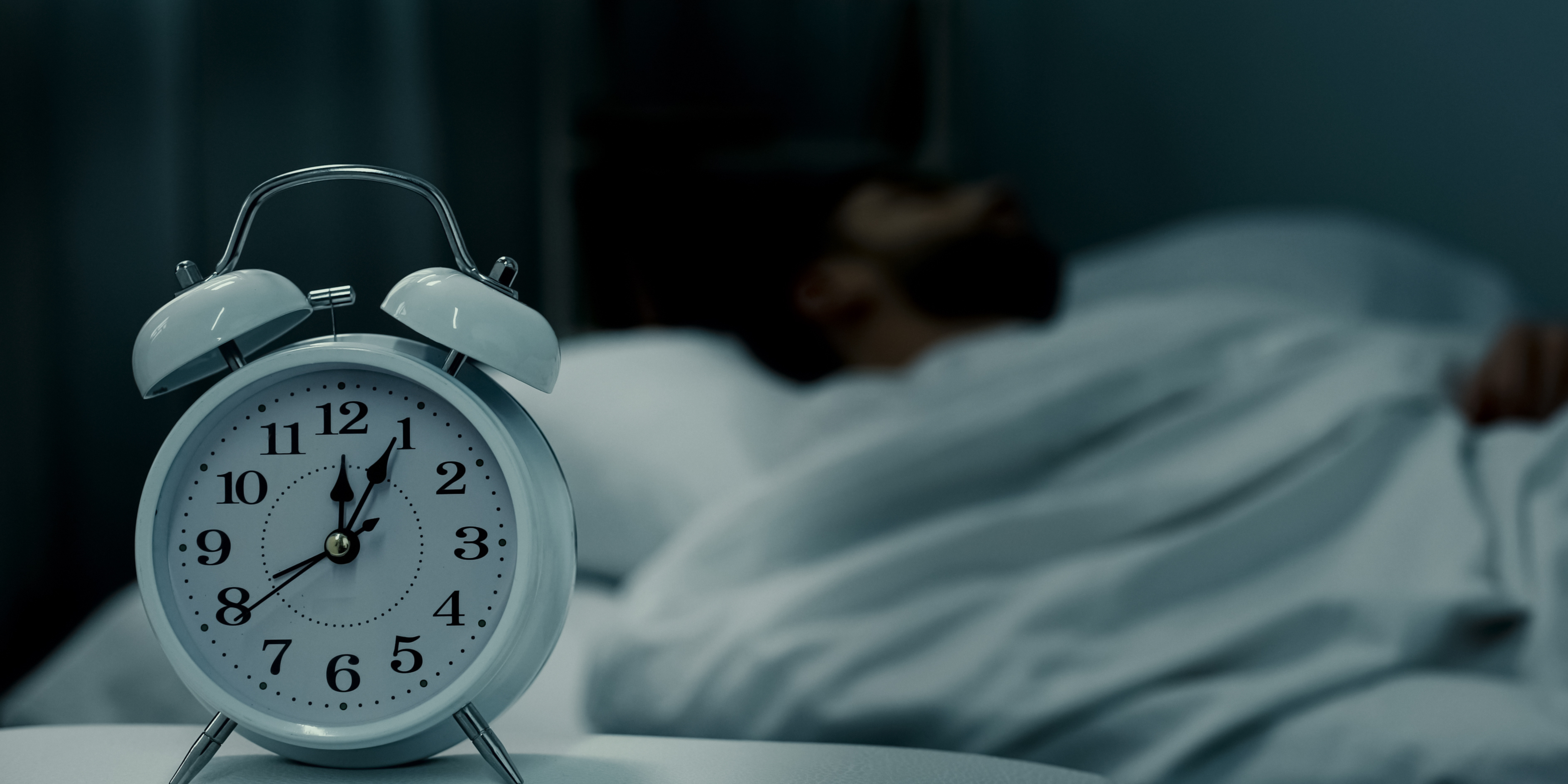If you aren’t getting enough quality sleep you are at risk for future injuries. Insufficient sleep impairs your muscular strength, cognitive functions, and other aspects of physical performance. The International Olympic Committee (IOC) and NCAA both identify sleep as a major contributor to athletic performance and advocate the importance of sleep health for their athletes. Creating sufficient sleep habits that are tailored to your activity levels dramatically improve your overall physical and mental performance.
Your environment and workload play a pivotal role in the amount of sleep you get. As an athlete, you aim to achieve peak performance while juggling other life commitments. Student athletes specifically deal with the continuous balance of in-season and off-season training, family and community commitments, and an academic workload. Professional athletes have family, community, training, and other unique stressors. Hobby athletes may not have the stresses of maintaining athletic performance for a college scholarship or earning a living, but your life stressors can still impact sleep and performance which frustrates your goals.
If you sleep fewer than 8 hours a night you are at a higher risk for injury. Brain function becomes impaired and affects a wide array of cognitive functions. Sleep restriction negatively impacts attention span, reaction time, and your overall executive functioning. These cognitive functions give you the ability to make strategic decisions and react quickly. Without these functions working properly, you put yourself at risk for future injuries, specifically concussion. Insufficient sleep also negatively impacts your levels of physical performances, especially in weight-lifting and endurance exercises. When you get insufficient sleep mental and physical efforts exhaust your body more quickly. This limits your ability to perform at your peak abilities.
If you want to optimize your sleep hygeine here are a few things you can try. Often the most effective solution is adjusting your environment. Noise, light, and temperature easily disrupt your sleep. Adjusting these factors to your specific preferences can improve your sleep dramatically. Establish a stronger circadian rhythm by exposing yourself to daylight first thing in the morning and mimicing darker evening light with softer lights in your home after sunset. You can steadily increase your sleep hours by going to bed earlier and waking up later in small increments each week. For some daytime naps have positive improvements on cognitive and physical performances, but not for everyone. Lastly, stop drinking caffeine after 2pm or completely cut it out. Caffeine can play a pivotal role in your duration and quality of sleep.
Try one new tactic for about 30 days before stopping (it it’s not helping) or adding something else to your routine. Keep notes on what progress you notice to help you decide what has been most helpful. Remember, this is all about achieving your goals. Sweet dreams!
